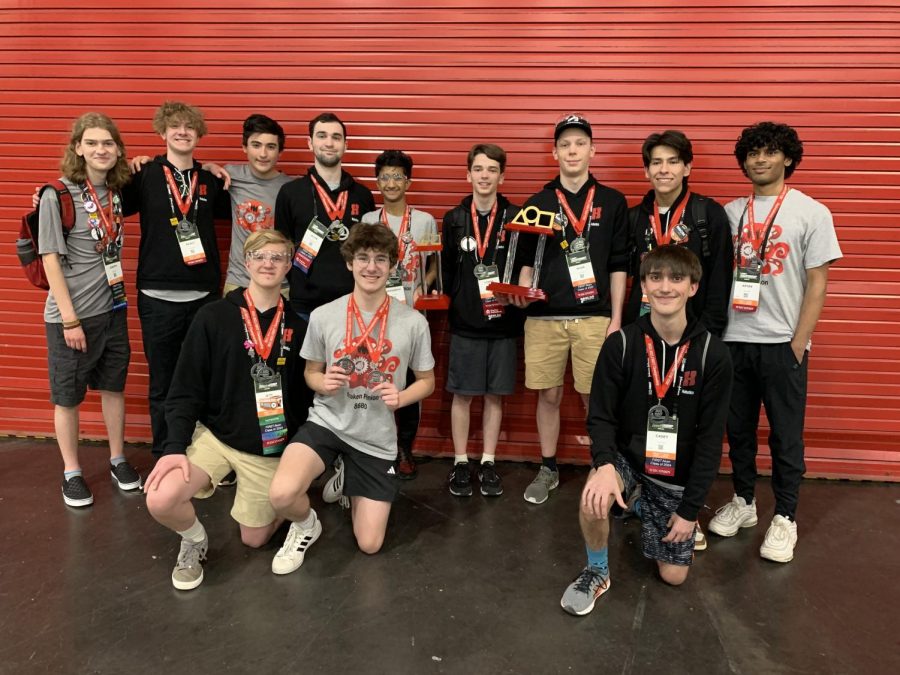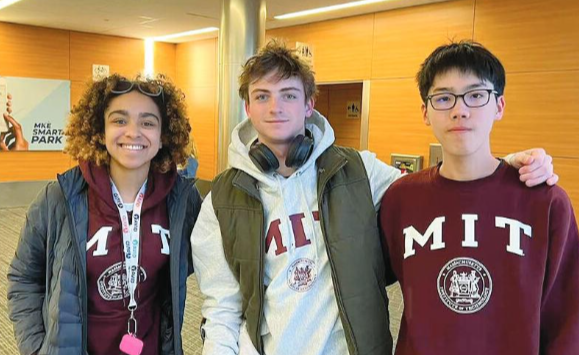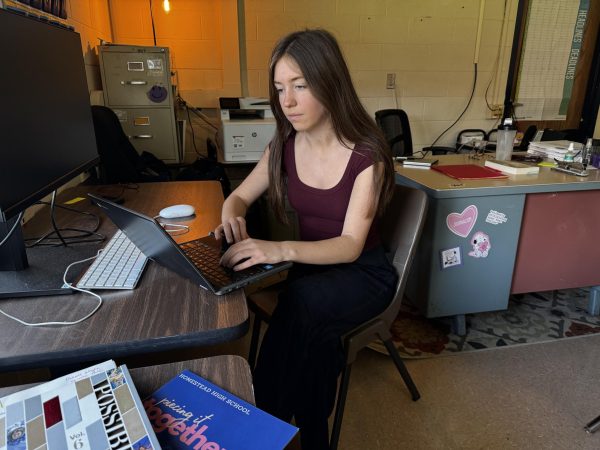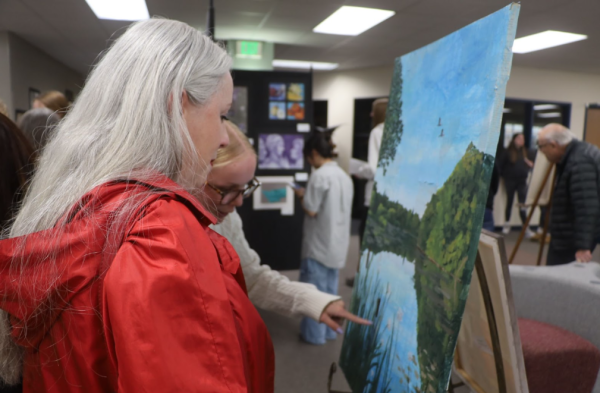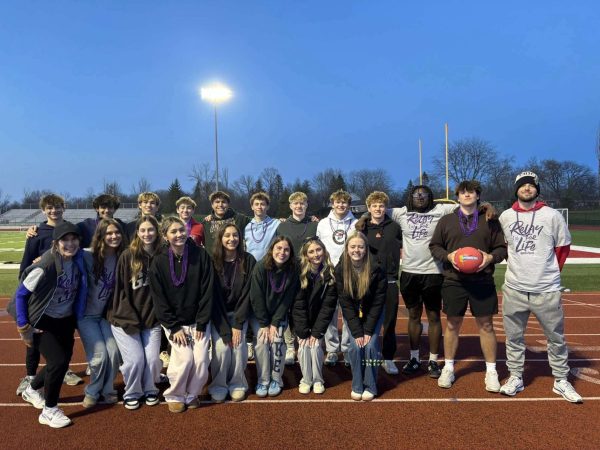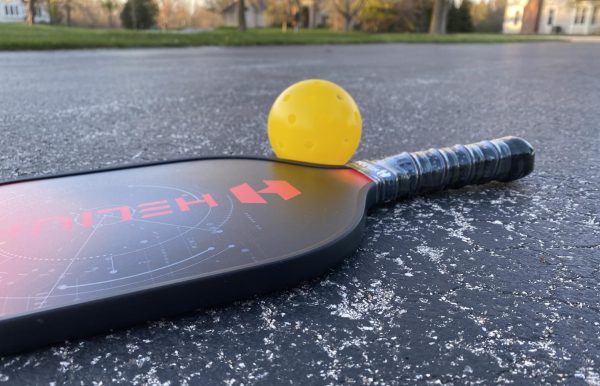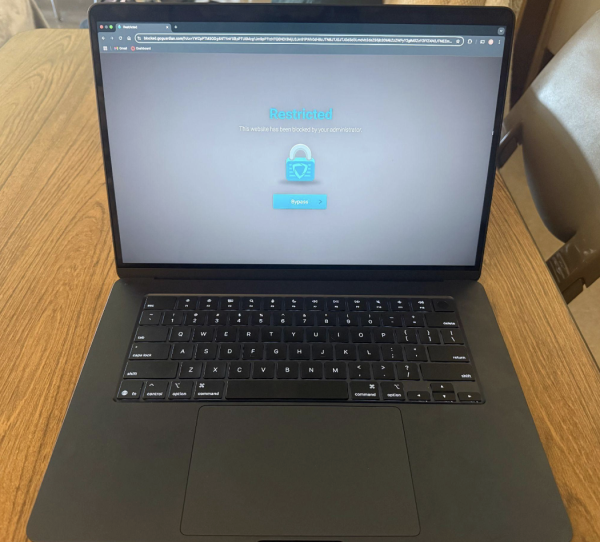Robotics goes global
Joey Eisner, senior, Brady Halpin, junior, Mateo Reyes, sophomore, Jacob Peterson, senior, Siddharth Kosaraju, freshman, Corey Hurda, junior, Adam Aufderhiede, senior, Gerry Lujan-Ramos, senior, Aryan Patel, junior, Jett Boettcher, junior, Nathan Halpin, freshman, and Casey Thomas, junior, pose with their awards.
Adam Aufderhiede, Aryan Patel, Brady Halpin, Casey Thomas, Corey Hurda, Jacob Peterson, Mateo Reyes, Jett Boettcher, Gerry Lujan-Ramos, Joey Eisner, Nathan Halpin, and Siddharth Kosaraju. Together, these 12 students ranging from freshman to senior make up the Kraken Pinion Robotics Team. From Saturday practices to a 30-hour build challenge (read more about that here), the team has been working hard all year.
On Tuesday, April 18, the team left for Houston to participate in the FTC First Championship 2023 Worlds Robotics Competition.
“The competition took place in a convention center in Houston, with the pit area for the robot teams containing about 192 teams having their own pit area to decorate and work on the robot in,” Reyes said.
The team competed from April 19 to 21.
“It took place over five days, the first being robot inspection and opening ceremonies, the second being judging and initial qualification matches. Judging is used to determine who wins awards, and it is expected you prepare a large presentation and answer about 20 minutes of questions in this time. Thursday and Friday continued qualification matches and concluded with alliance selections, and Friday had elimination matches and awards,” Aufderheide said.
They won the Control Award for the Franklin Division and after more competition placed 4th worldwide against 7,000 teams.
“The journey has been long and difficult, with it starting in September and now the end seems so close. (We practice) about 8 hours in a week, with most taking place on the weekends with a 10:00 to 6:00 work day,” Mateo Reyes, sophomore, said.
The team competed in several competitions prior to Worlds where they got to show off their skills.
“Competitions start at around 7 a.m., where we set up our booth alongside all of the other teams there and get everything ready with our robot. We have a judging session in the morning, where we talk to them about everything we have done during our season involving our planning, outreach, business, robot construction, and programming. Here, we also turn in our engineering portfolio, which is a 15-page summary of everything we have done, built, and programmed. After this, there is the opening ceremony and the robot matches start,” Jett Boettcher, junior, said.
“One thing we always do when we travel for competitions is set up practice fields in hotel conference rooms to meet in secret with other top teams. It’s a good chance to get to know teams in a private setting, so that we know who we want to be allied with come alliance selections,” Adam Aufderheide, senior team captain, said.
“To prepare for finals, we mostly did driver practice and made sure the autonomous portion of our robot works. In addition, preparations are made for pit setup and decoration to make it look good for the judges,” Reyes said.
The team competed at the State competition, and won, qualifying for the Worlds competition.
“My favorite memory is from this year at state during the finals matches. I distinctly remember as there were hundreds of people all waiting for the final scores to be announced and the excitement I felt after we had won and qualified for the world championship,” Corey Hurda, junior.
“I am so proud of the Homestead Robotics program this year and for Kraken Pinion’s amazing performance in Houston. It’s awesome to see how well they represented Homestead on the world stage,” Principal Eric Ebert said.
The long and difficult journey to the World competition resulted in the team growing very close and coming together as a team.
“The most rewarding part of Robotics is seeing all the work the team puts in become successful, even with all the failures of the first few iterations. I’m proud of our team as a whole and what we have accomplished and in each teammate with how they’ve grown over the year,” Reyes said.
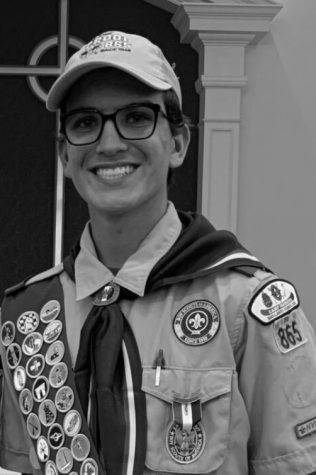
Matthew Seiberlich is a senior at Homestead High School. Outside of Publications, Matthew is an Eagle Scout, President of the Wisconsin Junior Classical...

